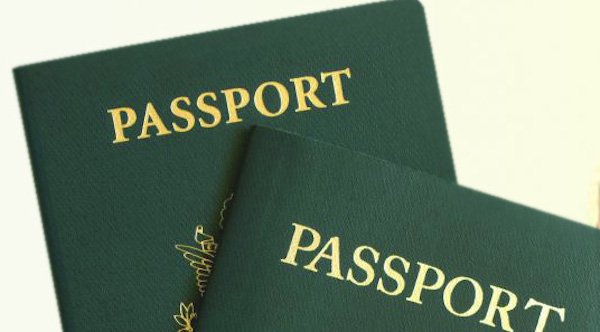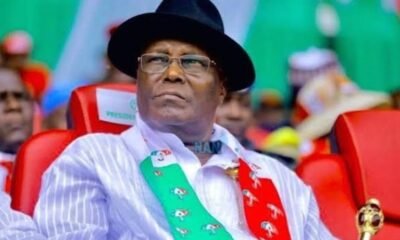Headlines News
Austria set to elect Europe’s youngest leader


Sebastian Kurz and his girlfriend, Susanne Thier, leaving a polling station after voting in Vienna on Sunday.
Sebastian Kurz, a 31-year-old conservative, is set to become the next chancellor of Austria and Europe’s youngest leader, though he will likely need to form a coalition to rule, early results from Sunday’s election show.
The People’s Party (OVP), which Kurz has led since May, is widely expected to form an alliance with the Freedom Party (FPO), putting the far right in an Austrian governing coalition for the first time in more than 10 years.
According to preliminary results, the OVP has gained the largest share of Parliament’s powerful National Council, with more than 31% of the vote. That should translate to 61 of 183 seats.
Kurz gave a speech at his party headquarters in Vienna following early results, promising a new style of leadership.
“We have been given a great responsibility by the voters today. We should be aware of that and that people are putting a lot of hope in our movement. There is a lot to do. It’s about establishing a new political style in our country,” he said.
Read Also Conjoined twins survive grueling journey to separation
Detailed results will be announced October 19 and full official results will be declared on October 31.
Sunday’s election was widely watched across Europe, where there has been a rise of populist far-right parties, many of which have campaigned on anti-immigration platforms.
Unlike Germany’s far-right AfD party — which won its first seats in the Bundestag in the federal elections there last month — the FPO has a long history in Austria’s Parliament and was part of a coalition government between 2000 and 2005.
The FPO came in second with 27.4% of the vote and is predicted to take 53 seats, according to preliminary results. Current Chancellor Christian Kern’s Social Democrats (SPO) were just behind on 26.7% and 52 seats.
While the result appears to be a clear win for the conservatives, it also puts the far-right FPO in the powerful position of kingmaker, after a campaign period that saw a marked shift to the right.
Austria rejected a far-right presidency less than a year ago. But that vote was a close one, with the FPO’s Norbert Hofer missing out by a narrow margin.










